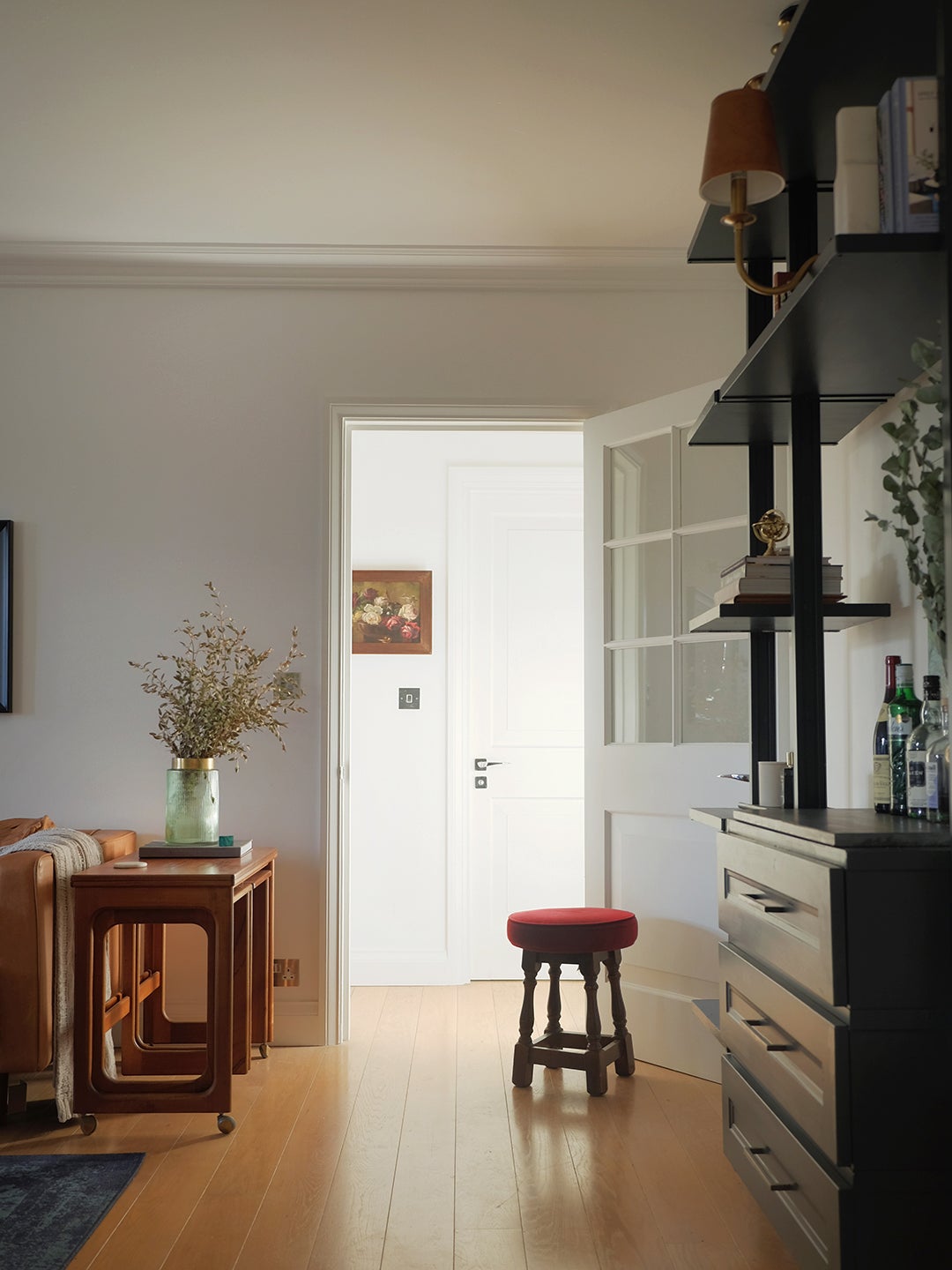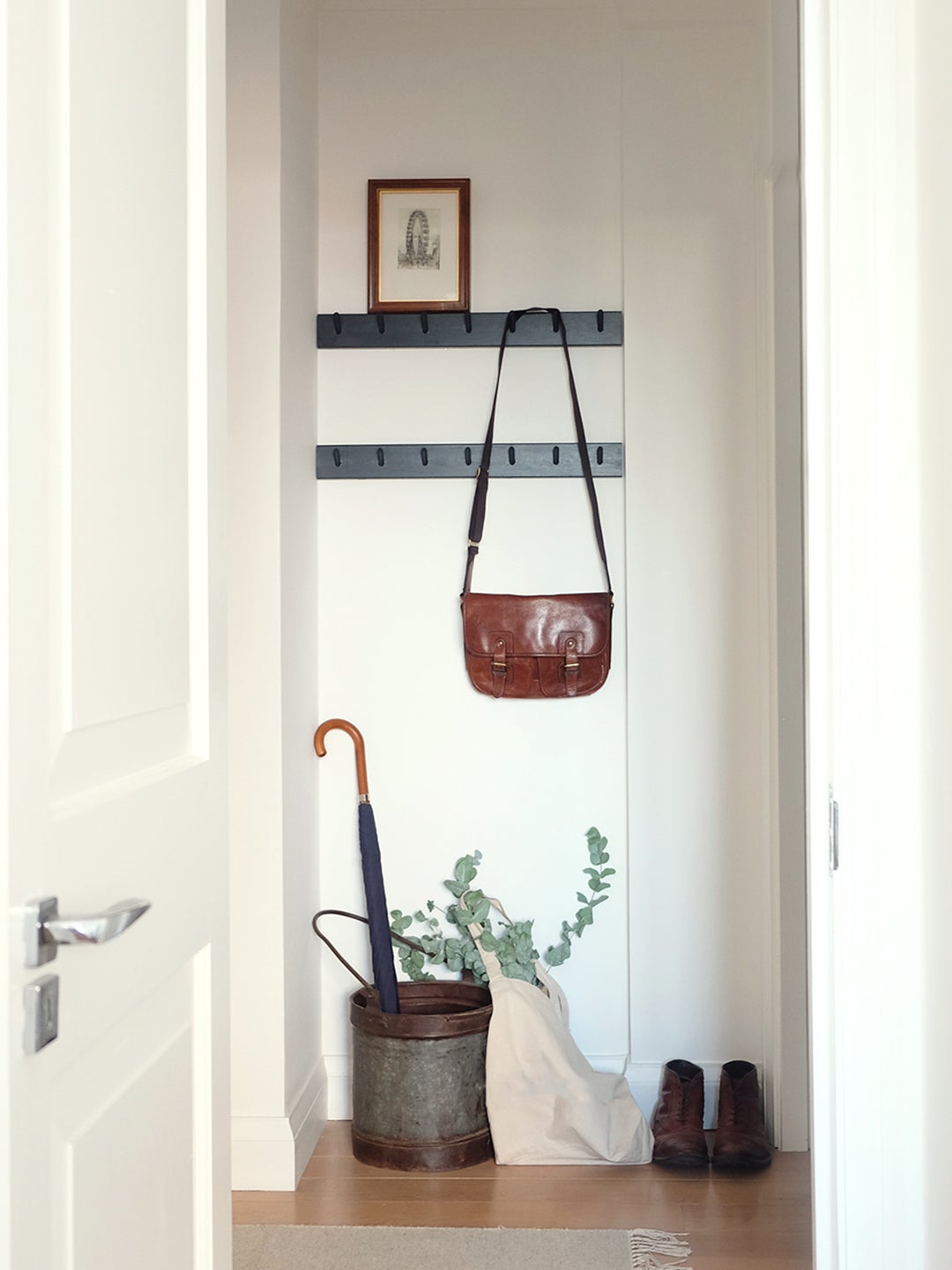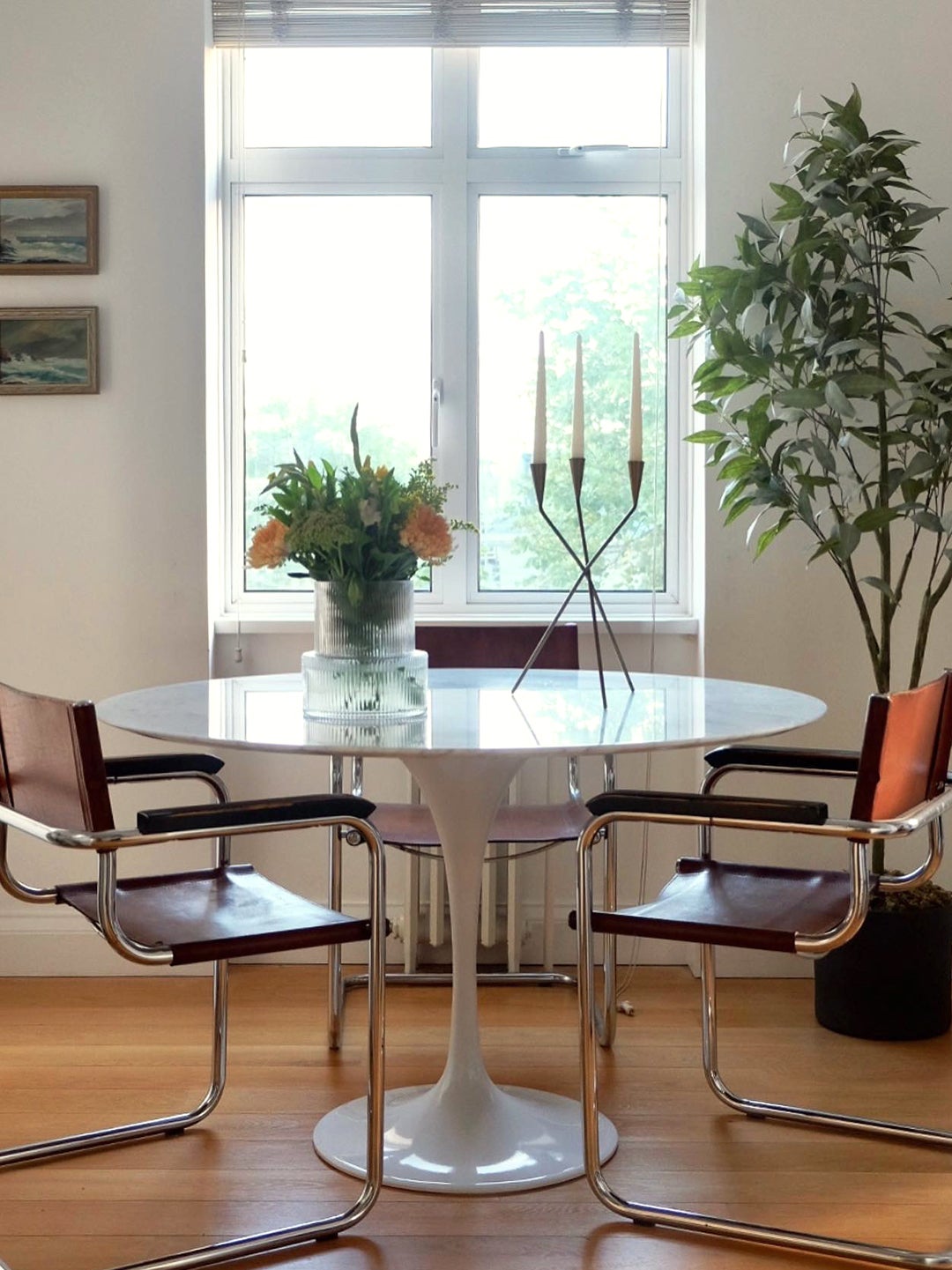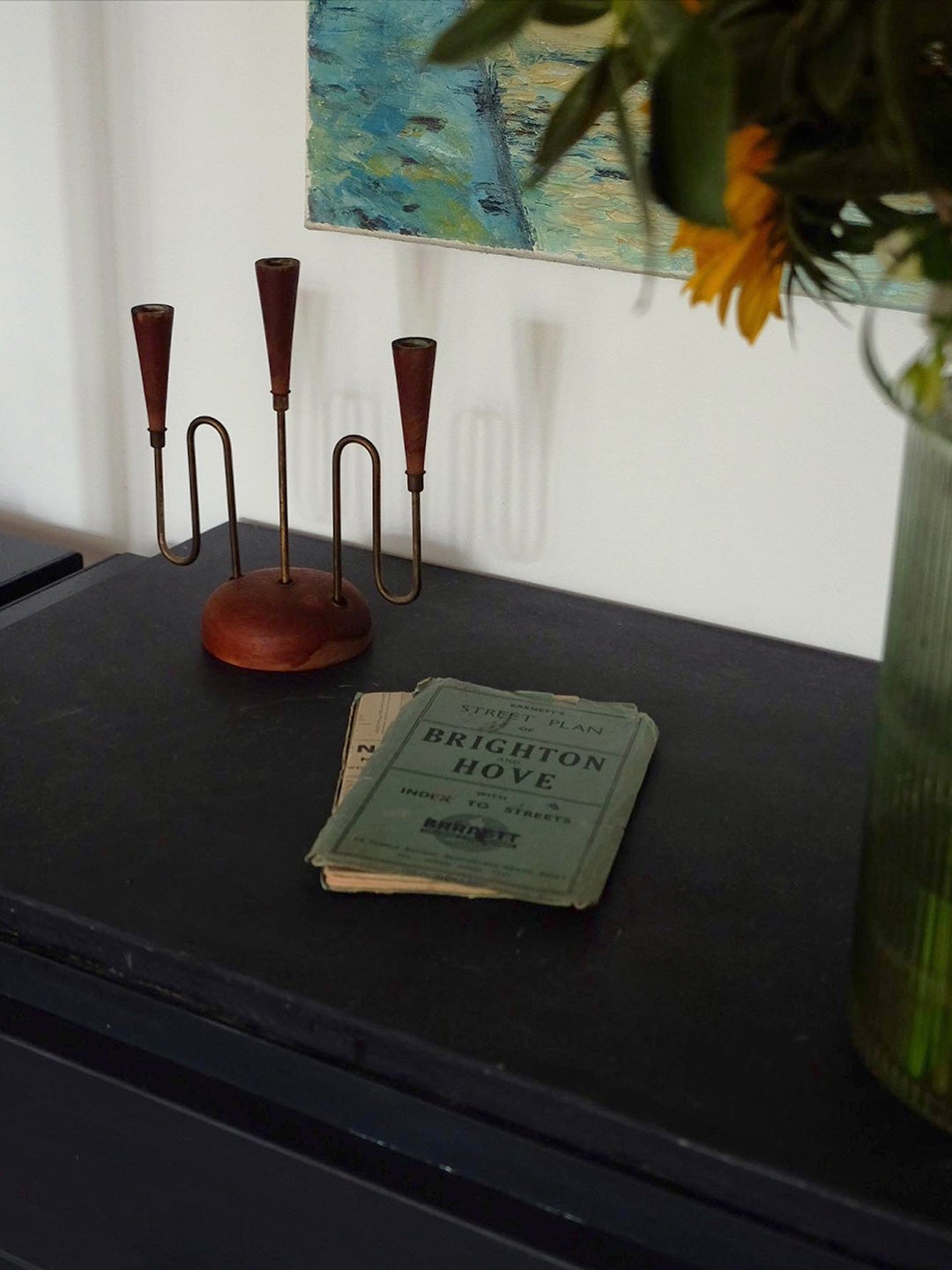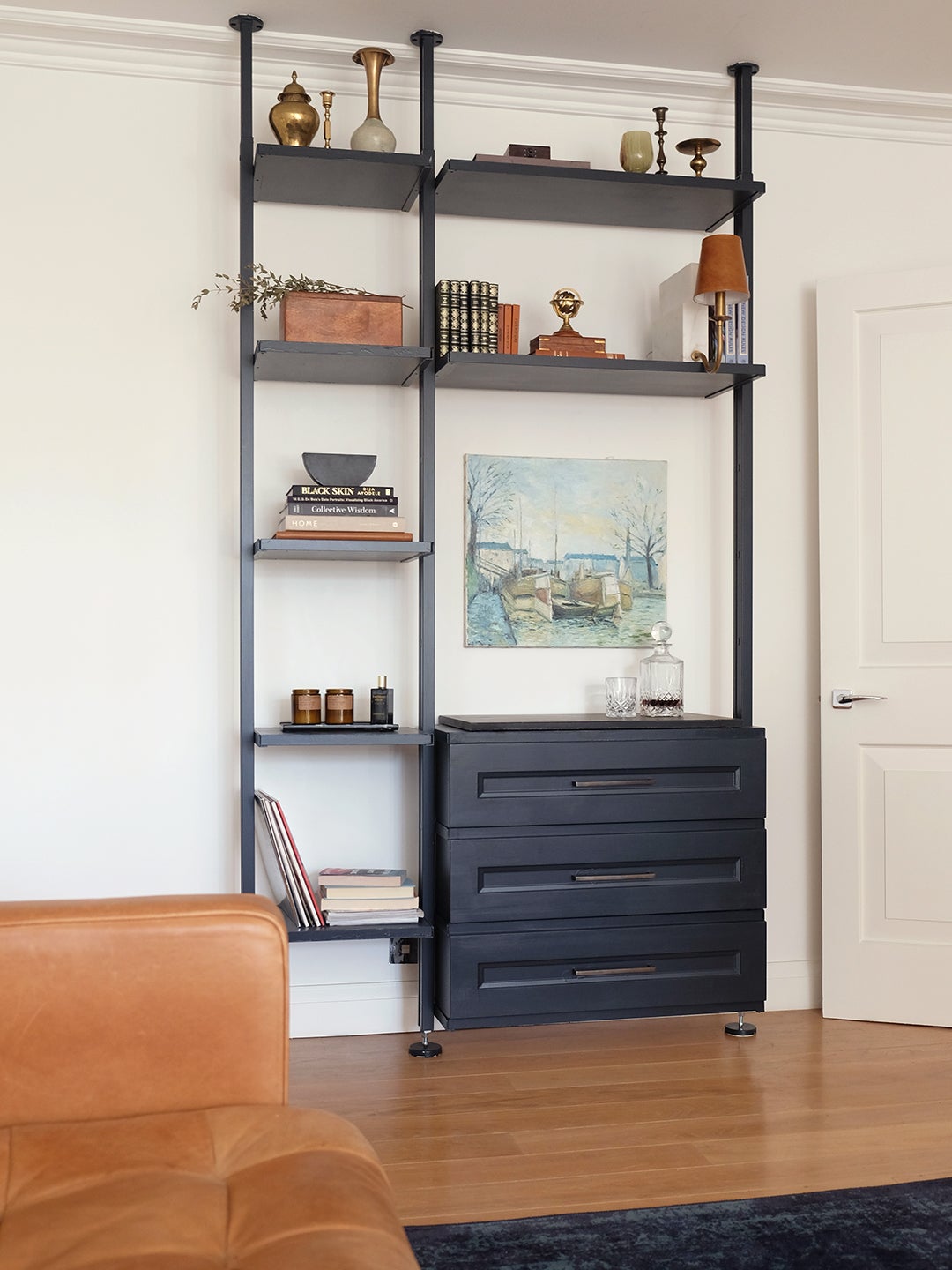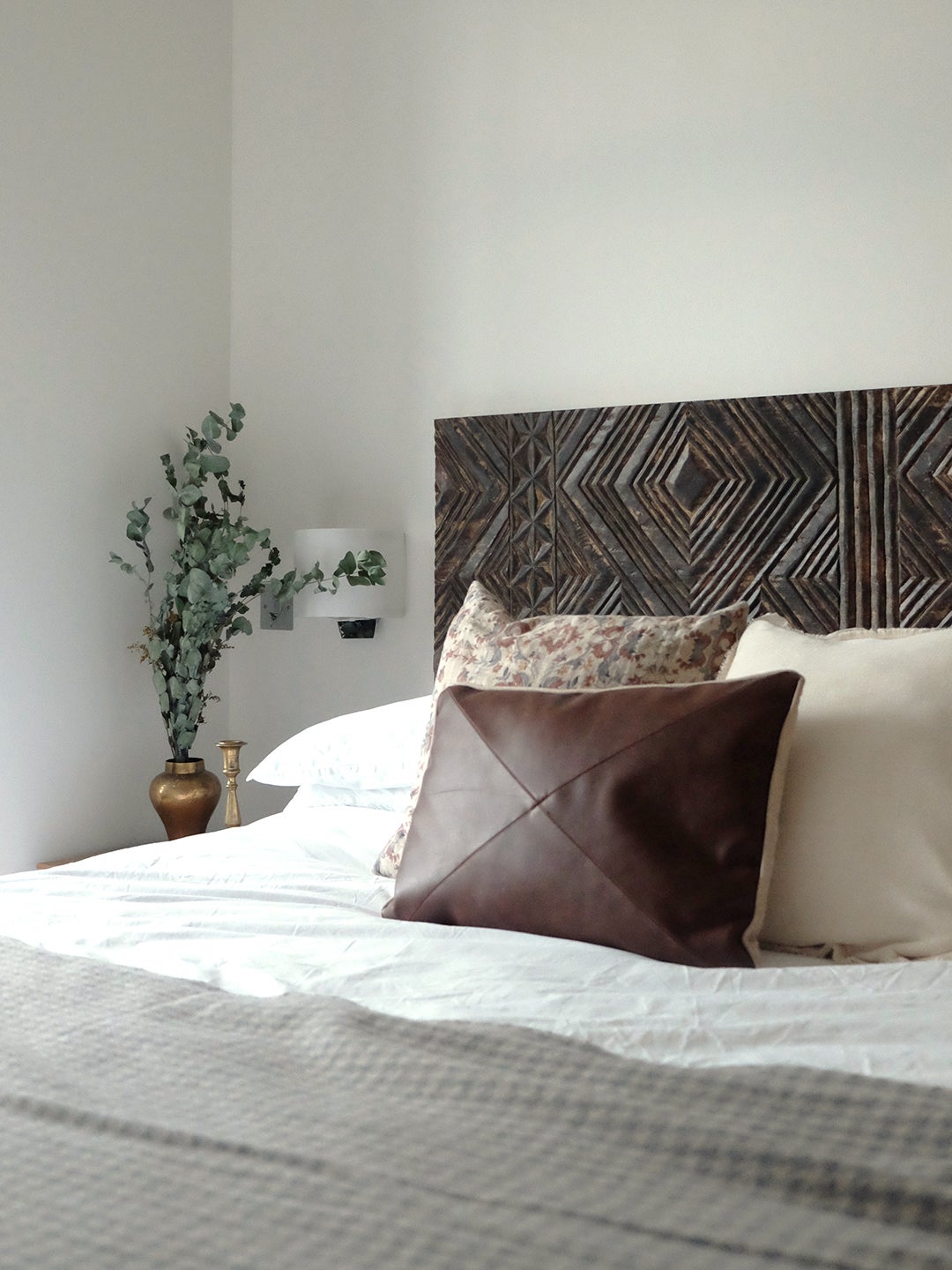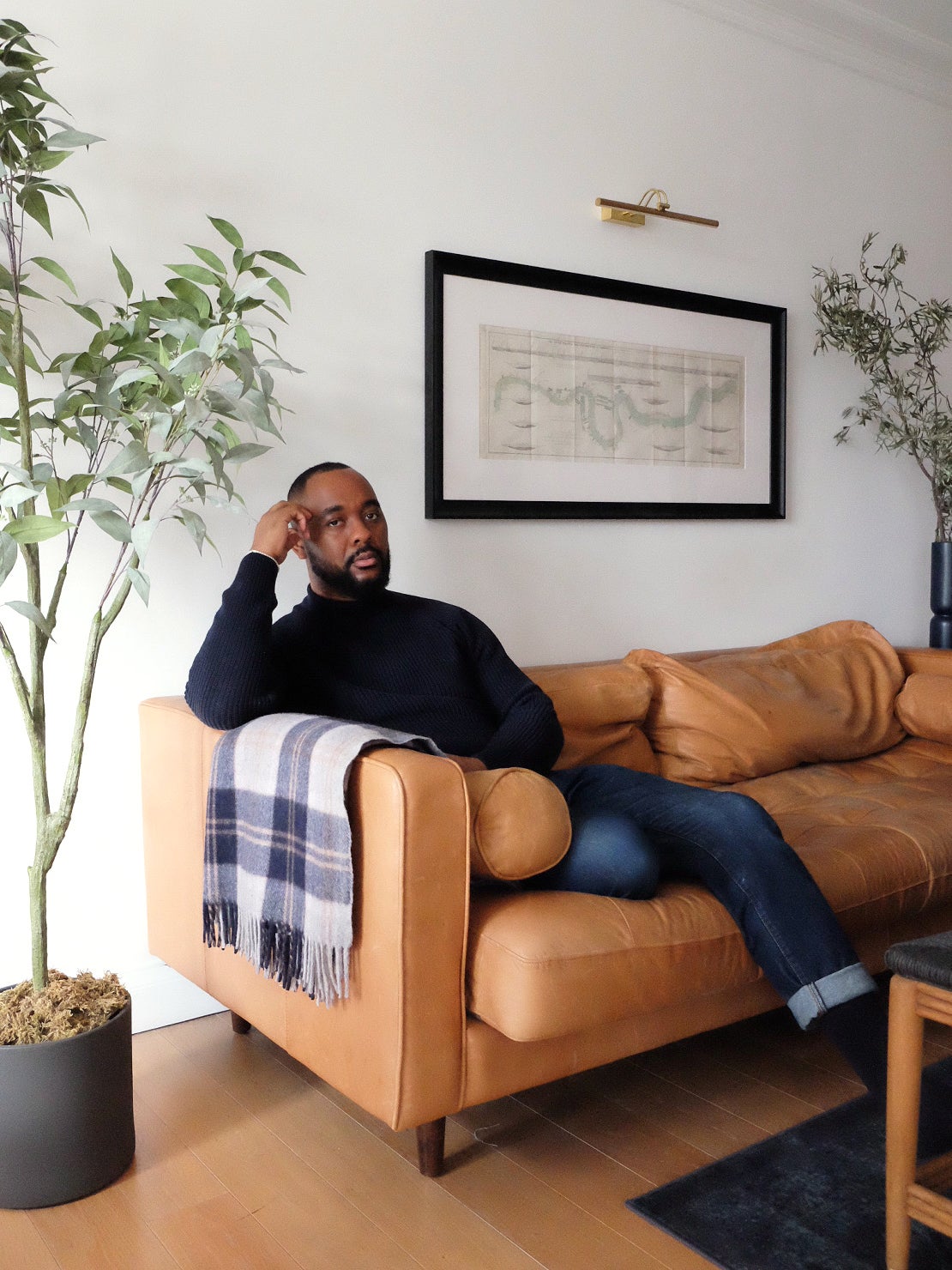How I Moved From Virginia to London Without Having to Sell My Condo
4 min readWe may earn revenue from the products available on this page and participate in affiliate programs.
What if your wanderlust wasn’t limited to a 10-day vacation? In our series My Life Abroad, we ask expats from around the world what it takes to resettle thousands of miles away from home, plus how their new city has influenced their style.
Who I am: Malcolm Simmons, designer and owner of Mas Means More
Where I used to live: Virginia
Where I moved: London
How long I’ve lived in my new city: A year and a half
Why I moved: I was offered an opportunity by my job to work in our London office for a few years, which I was happy to accept. Prior to moving here, I hadn’t ever visited the U.K., so I saw this as a chance to experience it all in a way that was truly authentic, personal, and intentional.
The logistics I needed to line up before I moved: I currently own a 100-year-old condo in Arlington, Virginia, so my primary responsibility before I moved was making sure it would be occupied and taken care of during my time in London. I hired a local property management company to oversee landlord responsibilities, such as finding tenants and managing maintenance requests. It was the best decision I could’ve made—I can’t imagine handling those responsibilities from across the Atlantic.
Rent or own: I’m living in a rental flat.
What my apartment search was like: I’m lucky to say that my employer found my flat for me. I told them that I wanted two bedrooms to accommodate visitors and a space in which I could work from home, and they found me a pretty great option.
How I got my stuff overseas: My company was gracious enough to ship all of my furniture and other belongings. Otherwise, I would have been left with a small selection of rental furniture…which, in turn, would’ve left my space with little relative comfort and personality. It took a while for my furniture to arrive, which meant my flat was empty for a few months (aside from a bed), but I’m happy that I decided to wait. It feels great to have my stuff and add new European pieces to my existing collection of furniture and decor.
My advice for anyone who wants to renovate in my city: I’ve challenged myself to think of ways to add character to my flat without compromising the structure or permanent integrity of the unit. My biggest success so far has been installing and customizing a “built-in” bookcase from IKEA that stretches from floor to ceiling using suspension rods. It capitalizes on the height of the flat and activates negative space that would otherwise go largely unused.
In cases where someone can’t fully renovate their space, I’d recommend finding ways to emphasize unique characteristics. For someone else, it might be painting a pocket of the home, like an entryway or pass-through, in a saturated color. Personally, I’m not a fan of introducing faux design elements into a rental unit (think: peel-and-stick kitchen backsplashes or countertops). Work with the grain of the home as much as possible.
The biggest challenge of moving abroad: It has taken some time for me to find my place in a big city like London. It’s quite easy to feel a bit lost among the hustle and bustle of it all, especially as a newcomer (and doubly especially as a single newcomer).
The biggest joy of moving abroad: As cliché as it sounds, I’ve thoroughly enjoyed living in the middle of such a global city. Being so easily connected to the rest of Europe has allowed me to explore so much more of the world.
Where I found design inspiration for my current space: London is overflowing with inspiration, from custom tilework inside tube stations to museums (the Victoria and Albert Museum is my current favorite). I tend to find the most inspiration in relatively mundane moments, like the collected nature of a crowded antiques shop or the well-designed interior of a new coffee spot. Design feels so satisfyingly cyclical here (what’s new is inspired by what’s old, which was inspired by what was new). I know that’s the definition of “trend” culture, but I think style in London is more classic because of its age and staying power. Or maybe it’s all just still new and exciting to me!
The best piece of decorating advice I’ve learned from living in my current city: Two words about design that have been circulating in my head since moving to London are attention and intention. There is a comfort in the way tube stations use design to quickly capture commuters’ attention, from clearly labeled signage to (mostly) clear tunnels for large crowds of people. My graphic design background is showing a bit, but these elements can really be brought into any design conversation—including decorating—to help influence how we use design to positively affect our lives. Establishing intentional, consistent, functional systems is a great way to create comfortable experiences and harmony within any interior.
The thing I brought from home that brings me the most comfort: My large leather sofa from Article is where I spend most of my time and what brings me the most comfort in my home. It is comfortable enough to lounge on, and the design is classic enough to fit in my largely traditional flat.
The moment I felt like a local: When I naturally started calling it a flat instead of an apartment. Language is weird, innit?
